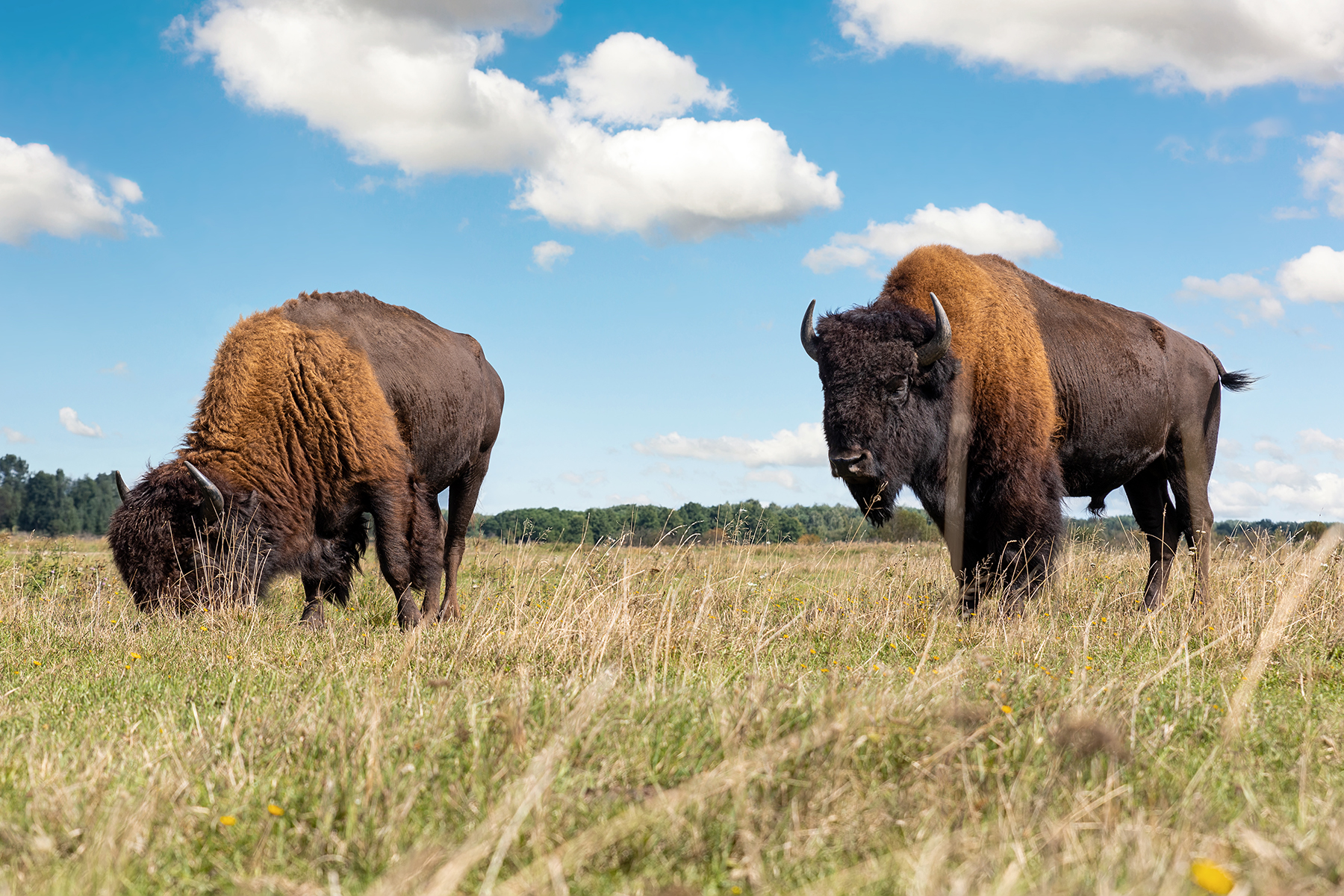Improving Indigenous community health through Food Sovereignty
February 2, 2024American Indians experience some of the worst health inequities in the United States. According to the Centers for Disease Control and Prevention (CDC), American Indians and Alaska Natives are almost three times more likely than white adults to be diagnosed with diabetes.
Centuries of systemic and structural inequities have directly contributed to disproportionately high rates of diabetes amongst Indigenous peoples. Prior to colonization, tribes had highly sophisticated food and agricultural systems that were interconnected with tribal culture, language, and spiritual health. Indigenous diets tended to be localized, low-glycemic, and high in wild protein and essential fatty acids.
Federal policies of removal and assimilation forcibly removed tribes to reservations, causing multigenerational trauma, geographic isolation, and the destruction of existing food systems. Traditional foods were replaced by government rations. Unfamiliar foods like flour, sugar, and lard held no cultural significance and lower nutritional value.
These actions created extreme food insecurity, with nearly all reservations meeting the USDA definition of “food deserts.”

Food is medicine
Community-led efforts to reclaim Indigenous foods are vital to improving health and addressing disproportionately high rates of diet related illness in Indian Country.

Food sovereignty asserts the rights of Indigenous communities to define their own diets, create food systems that are rooted in cultural values, and rebuild relationships between people and the land. In Minnesota and across the nation, tribes and urban Indigenous groups are leading successful efforts to improve community health through food sovereignty and cultural revitalization.
The Center for Prevention at Blue Cross and Blue Shield of Minnesota has launched The Food Sovereignty Funding Initiative to support Tribal Nations and Indigenous-led organizations in strengthening self-determination over community food systems and increase access to and consumption of Indigenous foods. The Fond du Lac Band of Lake Superior Chippewa and White Earth Nation are the first recipients of Food Sovereignty Funding.
“Food is medicine, and when people have access to food that is not just healthy, but also deeply connected to their culture and lifeways, they are giving their bodies nutrition and healing,” said Jill Chamberlain, community health and health equity senior manager at The Center for Prevention. “We recognize the importance of investing in Indigenous community-led solutions and that food sovereignty is essential to improving community health outcomes.”
Supporting community-led solutions
The Fond du Lac Band of Lake Superior Chippewa, with leadership from the Fond du Lac Tribal and Community College, are actively working to create a sovereign, holistic food system that is environmentally responsible and empowers a thriving community. In 2017, Fond du Lac Development purchased a 36-acre farm on the reservation. Named Gitigaaning, "the place of the gardens," the farm hosts food sovereignty trainings, events, and a food system that embodies Anishinaabe values, beliefs, and traditions. With Food Sovereignty Funding, Fond du Lac plans to increase produce production, food preparation to support student learning opportunities and provide local Indigenous foods to the students and community.

Gitigaaning, "the place of the gardens."
The White Earth Food Sovereignty Initiative (WEFSI) is dedicated to creating an affordable localized food system rooted in Anishinaabe traditions. In response to a community food sovereignty assessment conducted, the WEFSI purchased a food truck to distribute traditional healthy foods and Indigenous foods meal kits throughout the reservation. In many cases, community members living on the White Earth reservation must travel 60-miles round trip to the nearest grocery store. The food truck and meal kits are a solution to address barriers to healthy eating and have strong support from the community.
With support from Food Sovereignty funding, WEFSI will continue to increase access to healthy traditional foods and distribute meal kits to community members. Additionally, they will work towards increasing the capacity to create a White Earth food coop to grow the local food economy and strengthen community health.
Food sovereignty efforts revitalize tribal economies, improve community health, strengthen cultural identity, and rebuild relationships with the land. Fond du Lac and White Earth are part of a larger movement to restore Indigenous foodways, heal from historic trauma, and nourish future generations.


Thank you for lifting up this work!
So proud that Blue Cross is supporting this critical work and greatly appreciate the leadership from Jill, Sasha, and others in the Center for bringing this to life!